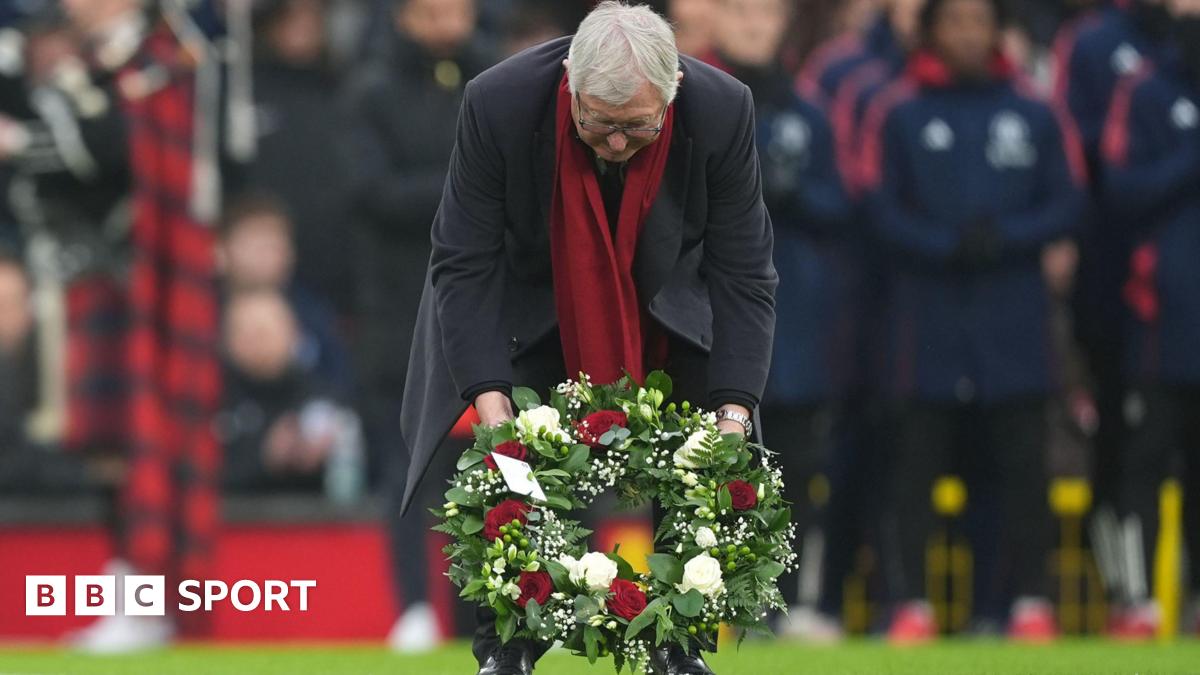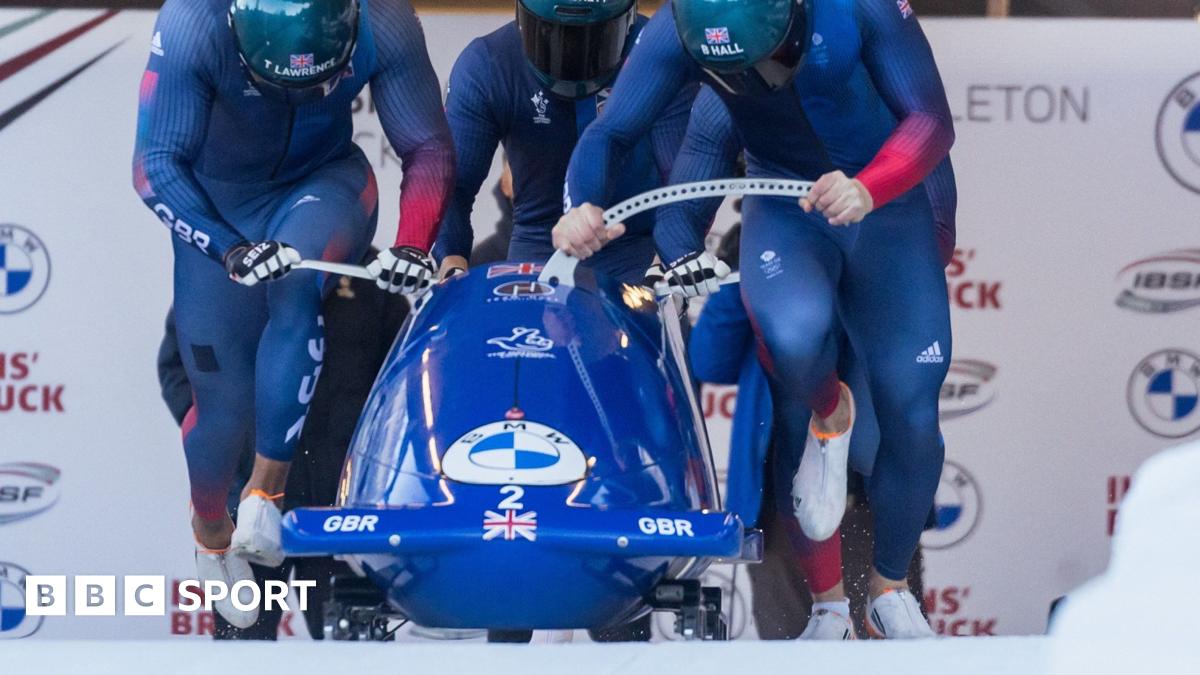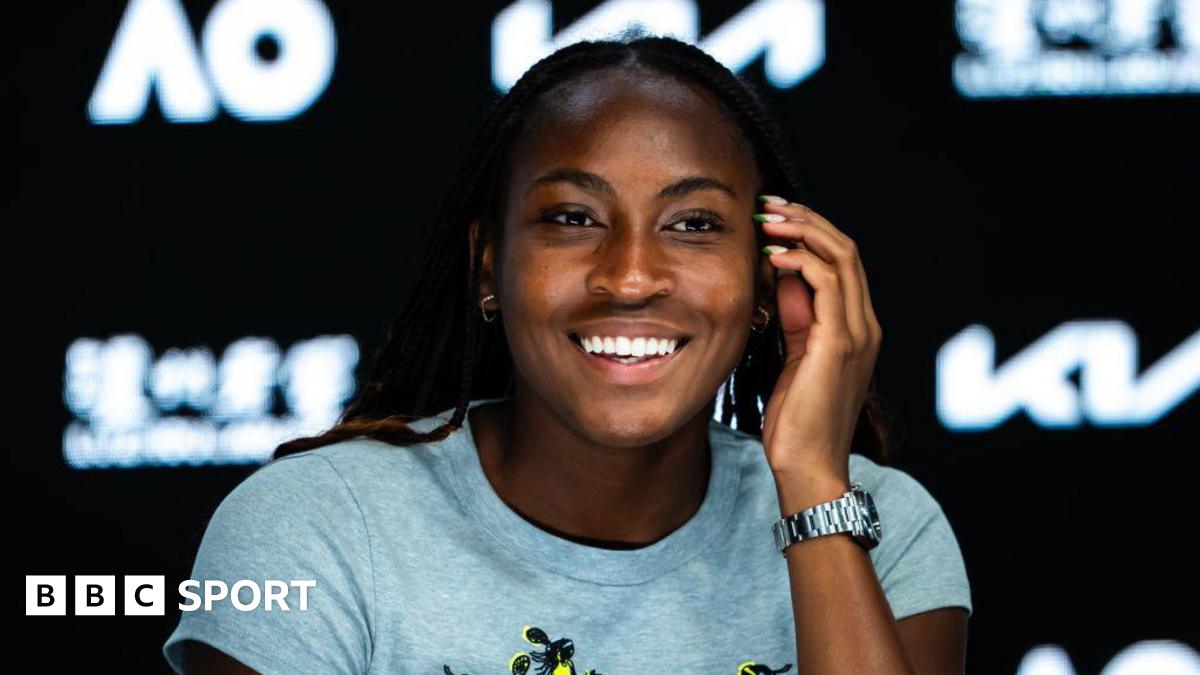ARTICLE AD BOX
One of Britain's most successful road cyclists, Lizzie Deignan, will retire at the end of next season.
Deignan won several of the sport's biggest races, an Olympic silver medal at the London 2012 Games and was part of a group of top riders who fought for better salaries and conditions for female riders.
"I'm really proud of the career I've had. Do I feel that I can achieve anything that I haven't already achieved? Probably not," she told BBC Sport at her home in North Yorkshire.
"If I'm really honest with myself, I think the fire and the determination that it takes to be the best in the world is probably running short."
The 35-year-old will take on more of a mentoring role for the final year of her contract to help her younger Lidl-Trek team-mates, adding she was "inspiring the next generation to be as good as they can be. I think I have a lot of valuable experience to give".
Along with several accolades, Deignan started a family mid-career with husband Phil (formerly of Team Sky), having two children - Orla in 2018 and Shea in 2022.
"I suppose the only dream I've ever had was to be a mum," said Deignan.
"I never dreamt of becoming an Olympic champion or whatever - that kind of happened to me as I grew up."
A one-day race specialist - which requires huge amounts of sustained energy across rugged terrain for more than 100km - Deignan was the first rider to win all three 'monument' one-day races: Liege-Bastogne-Liege and the Tour of Flanders in Belgium, and Paris-Roubaix.
In particular, her 2021 victory at the inaugural Paris-Roubaix was one of the finest performances in modern cycling history, breaking away with a staggering 82km to go, and showing several moments of supreme bike-handling over muddy cobblestones in northern France.
Such was Deignan's determination to win, the handlebars of her bike were traced with blood at the finish. The bike now stands on a plinth at Trek's factory in the United States.
"It was quite cathartic. You can go into this headspace where you're almost daydreaming," she said of the latter stages of the race.
"I personally can sort out all of my thoughts on a ride. It's the same in the race when you're solo. You become very, kind of, tunnel vision and and it's something I've done thousands of times before on training rides. I train alone a lot of the time.
"And I didn't panic when it hurt. Because of years of experience, I've realised that it has to hurt in order to win."
Deignan looks back fondly on her achievements, keeping many of her medals in a wooden box at home, along with the famous cobble trophy from Roubaix on the mantlepiece.
The box of the silver medal from London 2012's road race is now heavily frayed "thanks to all the primary schools I've taken it to".
While Deignan was launched into the British sporting conscience by winning the first medal of a memorable home Games, her victory at the 2015 UCI Road World Championships in Richmond, USA, cemented her presence on the global stage, and made her only the fourth Briton to win the title after legends Beryl Burton, Mandy Jones and Nicole Cooke.
"I think winning the world title in 2015 as a cyclist was my greatest moment - everybody dreams of wearing the rainbow bands. In cycling you also have this honour of wearing the rainbow bands for the rest of your career. As long as I live, I will be able to wear a jersey that has rainbow bands on it."
Deignan has shared the stage with several riders who have set the highest standards on the road, including the Dutch legends Marianne Vos, Annemiek van Vleuten and Anna van der Breggen.
But off the bike women have fought in recent years to achieve parity with the men's side of the sport when it comes to sponsorship deals, salaries and media exposure.
At 500,000 euros, the winner of the men's Tour de France earns 10 times that of the winner of the women's event.
Deignan considers herself fortunate to have the support of her Lidl-Trek team, who embraced her decision to start a family in her prime.
"I'm really proud that I was able to prove that becoming a mother isn't necessarily the end of an athlete's career - that you are able to come back successfully and as strong as I've ever been after having children.
"There was an absolute mutual respect [between myself and the team] from the very beginning and because of that I felt very safe and secure in my return.
"Our contracts have maternity clauses which they never had before I was pregnant."
Deignan came back from her first maternity leave and won more of the sport's biggest races, including the 2019 Women's Tour of Britain, the 2020 La Course by the Tour de France and Liege-Bastogne-Liege the same year.
And Deignan acknowledges that her efforts have helped push women's cycling forward, including a 2012 media conference where she let it be known to cycling's governing body the UCI that not enough was being done for women in the sport.
"Looking back, I think: 'Wow, that was a bit of a bold move. Could you not have gone a bit easier on yourself, Lizzie?' But because of my upbringing, because of my family, it never occurred to me that inequality was a thing until I was outside my family, and I wasn't getting the same opportunities as the men who I had grown up cycling with.
"[Women's cycling] is unrecognisable compared to when I first started. I turned professional 18 seasons ago earning 200 euros a month - there's now a minimum wage. There are so many different things in our contracts in our World Tour in terms race organizers needing a certain amount of TV coverage, minimum safety guidelines. All these things that we never had - I feel like our sport is at the forefront of equality. I'm really pleased that I've been a part of that.
"Doing things like having children in the middle of my career, at the height of my career, I think contribute to the fact that women are being taken seriously in the sport. But there is still work to be done."
Deignan is also remembered by some for having missed three anti-doping tests, external across 2015 and 2016, after which she avoided a ban following a decision by the Court of Arbitration for Sport (Cas), which found that procedures were not properly undertaken.
"It was a life-changing experience to go through something so publicly, [and] to have your character assassinated when you've done nothing wrong was incredibly hurtful.
"I have no regrets. Because every regret led to a lesson and there's definitely races that I could have won that I let slip through my fingers, but that's all part of it."
Despite difficult times, and at the very beginning not liking cycling's "helmets, Lycra and baffling" terminology, she sees her future in the sport.
"I know for certain that I want to stay involved in cycling because it is my passion. I am an expert in cycling and I believe that I can still add a lot of value to the sport going forward."
Additional reporting by Mark Ansell

 2 months ago
12
2 months ago
12








 English (US) ·
English (US) ·